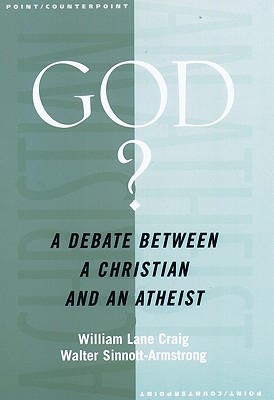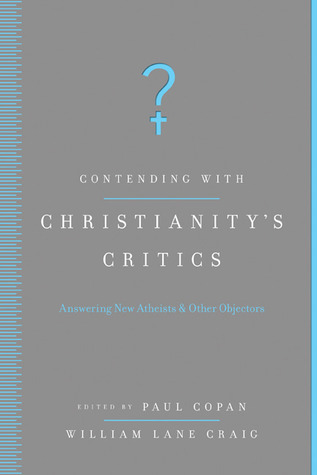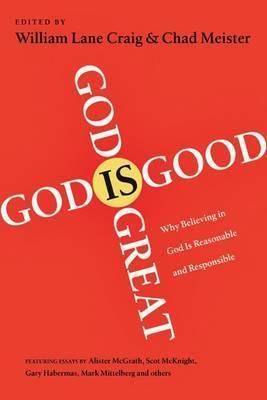
Gunning for God: A Critique of the New Atheism
Book Description
What happens when faith meets fierce skepticism in a battle for the soul of reason? John C. Lennox takes you to the frontlines of the New Atheism debate, dismantling arguments with razor-sharp logic and profound insight. As the clash between science and religion rages, Lennox unveils the deeper implications of atheistic thought, probing its philosophical weaknesses while championing the case for belief. With each page, the stakes rise—can faith and reason coexist in a world dominated by doubt? The battle lines are drawn; will truth triumph in an age desperate for answers?
Quick Book Summary
"Gunning for God: A Critique of the New Atheism" by John C. Lennox is a thoughtful examination of the arguments posed by prominent atheist thinkers such as Richard Dawkins and Christopher Hitchens. Lennox critiques the central claims of the New Atheism movement, focusing on their assertions that faith and reason are incompatible and that science has rendered belief in God obsolete. Drawing from philosophy, science, and historical analysis, Lennox challenges the idea that religion is inherently irrational or dangerous. He builds a robust case for the intellectual respectability of Christian faith while exposing the limitations and inconsistencies in atheistic reasoning. The book invites readers to consider whether faith and scientific inquiry are truly opposed, or if, in fact, they can coexist harmoniously in the pursuit of truth.
Summary of Key Ideas
Table of Contents
Critiquing the New Atheism's Core Arguments
Lennox begins by scrutinizing the central arguments of leading New Atheist figures, such as Richard Dawkins, Sam Harris, and Christopher Hitchens. He notes that New Atheists often portray religion as oppositional to logic and scientific reason. Lennox systematically deconstructs these portrayals, showing that such critiques often rely on oversimplifications or strawman representations of theology and faith. He draws careful distinctions between faith as 'belief without evidence'—as many atheists allege—and a more nuanced, informed trust rooted in reason.
Examining Science and Faith Compatibility
Turning to the supposed incompatibility between science and faith, Lennox argues that many pioneering scientists, historic and contemporary, have held religious beliefs. He asserts that the methodologies and objectives of science and faith are not mutually exclusive but can be mutually enriching. Through historical illustrations and philosophical reflection, Lennox reveals how faith in God can inspire scientific inquiry, contrary to New Atheist claims that religion stifles intellectual progress.
Analyzing Morality and Its Foundations
A key theme throughout the book is the foundation of morality. Lennox contends that atheism struggles to provide a robust basis for objective moral values. He contrasts this with theistic worldviews, which ground morality in the existence of a divine moral lawgiver. Lennox addresses common New Atheist objections—such as the portrayal of religious wars and atrocities—by separating authentic faith from ideological misuse. He maintains that atheistic systems often adopt moral frameworks borrowed from theistic traditions.
Exploring the Rationality of Belief in God
The rationality of belief in God is another central concern. Lennox offers philosophical arguments for the coherence of theism, including the intelligibility of the universe, the existence of mind and consciousness, and the reality of moral experience. He critiques the presumption that atheism is the 'default' rational position, instead suggesting that belief in God is intellectually credible and often more consistent with certain features of reality than atheism.
Addressing Historical Claims Against Religion
Finally, Lennox addresses the claim that religion is historically harmful, engaging with narratives about religious violence and suppression. He distinguishes between authentic faith and distorted, politicized versions of religion. Lennox concludes by urging both skeptics and believers to pursue truth with humility, intellectual rigor, and openness—encouraging readers to view the dialogue between faith and reason not as a battle to be won but as a journey toward deeper understanding.
Download This Summary
Get a free PDF of this summary instantly — no email required.





